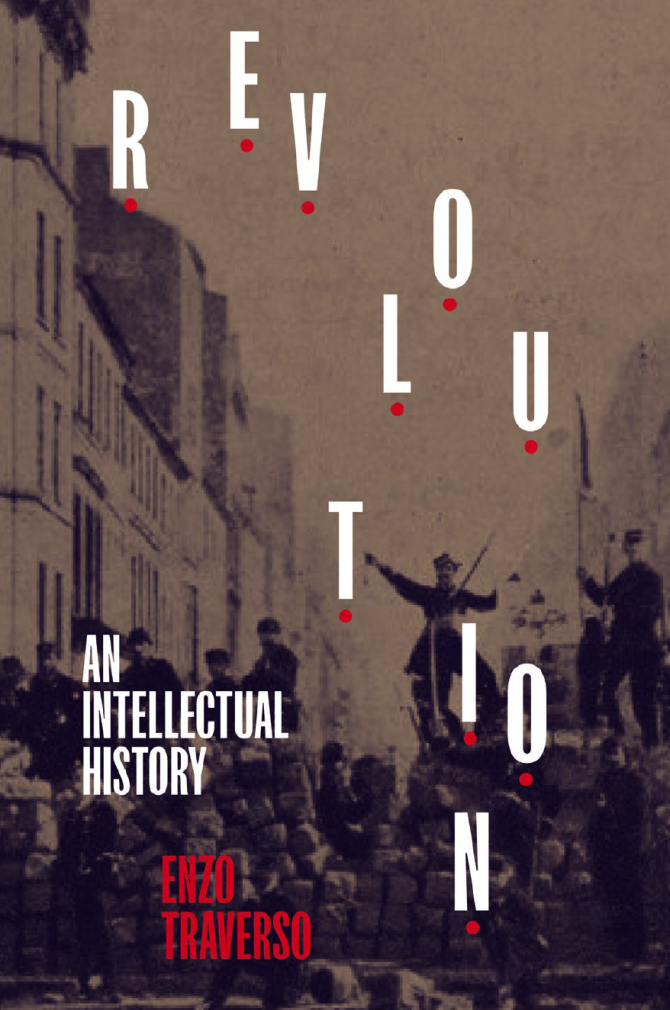A revolution is not just a violent break with an established order, but also a social and political change rising from the people. And revolution does not belong exclusively to the past, says historian Enzo Traverso.
In "Revolution: An Intellectual History," published in October 2021 by Verso, Traverso, the Susan and Barton Winokur Professor in the Humanities, College of Arts and Sciences, reinterprets the history of nineteenth and twentieth century revolutions through a constellation of images: Marx's 'locomotives of history' to Lenin's mummified body to the Paris Commune's demolition of the Vendome Column, and more, offering for the troubled present a new intellectual history of the revolutionary past.
Traverso spoke with the Chronicle about the book.
Question: What hope does "Revolution: An Intellectual History" have to offer what the publisher describes as "our troubled present?"
Answer: My field is intellectual history, and my book does not pretend to offer recipes for the future. This is not my task. As a citizen and a committed historian, however, I cannot be indifferent to "our troubled present" and my book - this is true for all history books - participates in the effort to understand not only the past but also the world we live in.
Read the full interview on the College of Arts and Sciences website.







